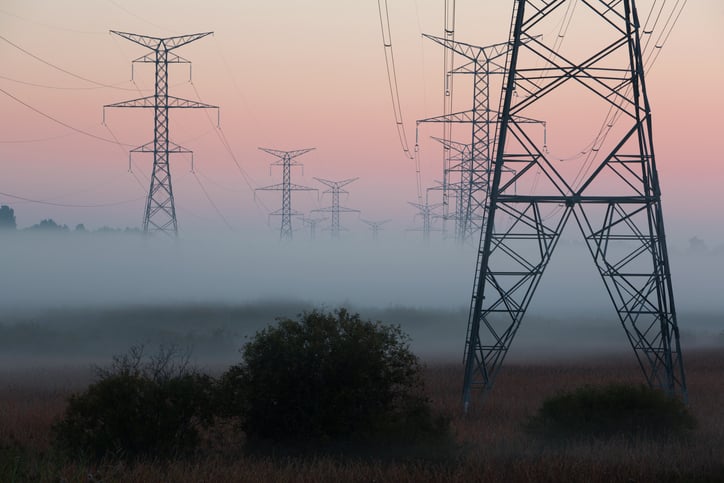The UK government has launched a feasibility study to explore the creation of a “digital spine” for the energy system.
The feasibility study will help contribute to policy development for the digitalisation of the UK’s energy system. The Department for Business, Energy and Industrial Strategy (BEIS) claims a smart, flexible energy system can improve energy security and help deliver net zero by 2050 at a lower cost to the consumer.
Digitalisation of assets could prove to be crucial in achieving net zero in the UK. This could be achieved via the proposed “digital spine” which is able to facilitate efficient system operation, improve access to new markets and support development of new services for a smart and flexible energy system.
The BEIS will look to integrate this via two phases. The first will focus on the scope of the project and delve into stakeholder engagement. The second phase will then explore feasibility and delivery of the digital spine.
The creation of a “digital spine” had first been referenced as part of a response released by Ofgem, Innovate UK and the BEIS to the Energy Digitalisation Taskforce report released earlier this year.
The response made reference to digital infrastructure and smart enabled energy assets in particular, stating that BEIS is working towards taking powers to regulate such assets and establish requirements in the areas of interoperability, data privacy, grid stability and cyber security.
Broader interoperability was also highlighted as a key aim for regulators moving forward, and BEIS stated it would commission a study to explore the opportunities, risks and prospective architectures of the “digital spine” to further assess how it could interact with a data sharing system or systems. The feasibility study is the first step in exploring its development
The Energy Digitalisation Taskforce report described “a digital spine” as “a thin layer of interaction and interoperability across all players which enables a minimal layer of operation critical data to be ingested, standardised and shared in near real time”.
Data sharing has previously been referenced as a “sizable opportunity” by the Offshore Energy Data Strategy Taskforce with the organisation having made recommendations to create conditions for better data sharing and ultimately digitalisation.
Fostering data is non-rival, meaning that both the data owner and the sector can benefit from better utilisation simultaneously, the organisation claims.
This year, Enzen launched a cybersecurity methodology and framework for UK energy and utility businesses, as concerns over hacking and cyberattacks grew.
The zenSmartCyber model is able to assess a company’s smart cybersecurity maturity across 120 core competencies. This can then be used to establish vulnerabilities in its current levels of security and develop targets going forward.





